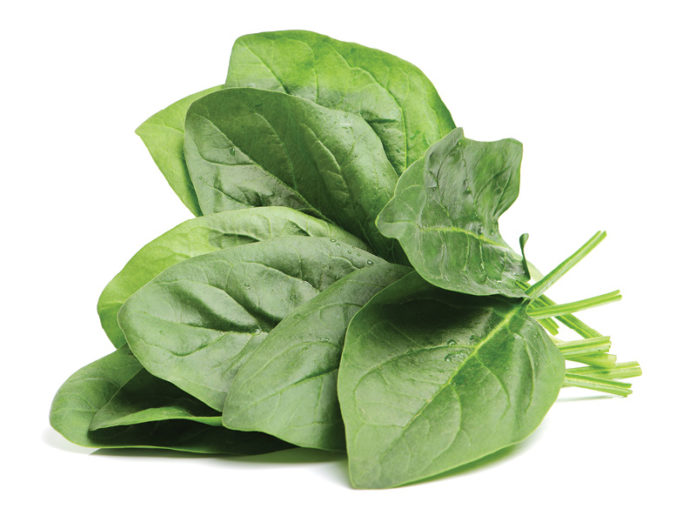
A growing number of people are choosing to incorporate more plant power into their meals. High performance vegan athletes agree that nutrient-dense diets speed up recovery time and increase athletic endurance.
Eating a well-balanced diet is key to the health- and fitness-enhancing benefits of this food regime. This type of diet consists mainly of the following: raw fruits and vegetables, whole food fats, plant proteins, iron and B12.
Those who incorporate more plants into their diet may encounter some additional effort to ensure sufficient nutrients are not compromised. Leafy greens, sea vegetables, forest mushrooms, cruciferous and starchy vegetables, whole grains, beans, legumes, fruits, whole food fats (like extra virgin or cold pressed oils), chia seeds, avocados, nuts and seeds – all provide more than adequate amounts of the recommended daily nutrients intake.
Plant-based diets may not suit everyone; metabolic requirements, caloric absorption, and macronutrient needs differ from person to person. If you’re considering transitioning, you may experience a period of discomfort, possibly some indigestion as putrefied foods are loosened and released from your intestines. Symptoms of detoxification are normal: gas, bloating, headache, nausea, loss of appetite, even diarrhea. Be patient, this too shall pass. With commitment, the rewards will empower you.
6 top benefits of plant nutrients
1. Faster Recovery Time
Oxidative stress and inflammation are the biggest challenges to recovery. Nutrients from plant foods increase body repair time by providing an abundance of antioxidants and anti-inflammatory nutrients. Plant-based foods are full of phytonutrients – compounds that stifle the free radicals that form during exercise and help support the rebuilding process and alleviate oxidative stress.
2. Anti-Inflammation
Inflammation is the body’s natural response to protect and heal tissues that are aggravated and inflamed. When we consume animal protein (without adequate amounts of fat) our blood pH increases in acidity, resulting in inflammation. Plant-based diets are more alkaline and contain bioactive compounds that modulate inflammation. Better performance and quicker muscular repair are possible without inflammation.
3. Increases Energy
Energy is essentially measured in calories from protein, fat and carbs. Vegan athletes may eat nine meals a day to up their caloric intake. Fruits and vegetables contain balanced nutrients (including vitamins, minerals and antioxidants) to help sustain energy throughout exercise.
Plant foods are packed with carbs for fuel and/or fibre, plus protein for slow-released energy. The compounds in plant foods contribute to the production of energy, such as Adenosine Triphosphate (ATP) – a complex chemical that drives many processes in living cells (e.g. muscle contraction, nerve impulse propagation, chemical synthesis).
4. Improves Digestion
Plant nutrition improves digestion and the absorption of nutrients, enhances their processing and storing without overworking the digestive system. By improving your digestion, you’ll move easier without inflammation, increase mental clarity and decrease inflammation. Most plant foods are full of insoluble fibre that acts much like a broom to assist in clearing out your intestines. This fibre also increases good gut bacteria while boosting the immune system simultaneously.
5. Improves Cardio
Plant-based diets are associated with lower blood pressure, reduced risk for cardiovascular disease and may even reverse atherosclerotic plaque build up. Many vegan athletes report their cardio improves drastically and their energy levels soar.
6. Creates Global Impact
Eating more plants may not immediately change the world, but minimizing meat is a great contribution to improving the environment. Choosing to grow your own food, eat chemical-free, non-GMO foods and support local farmers can implicate a ripple effect amongst our families, friends, and communities throughout the planet.















